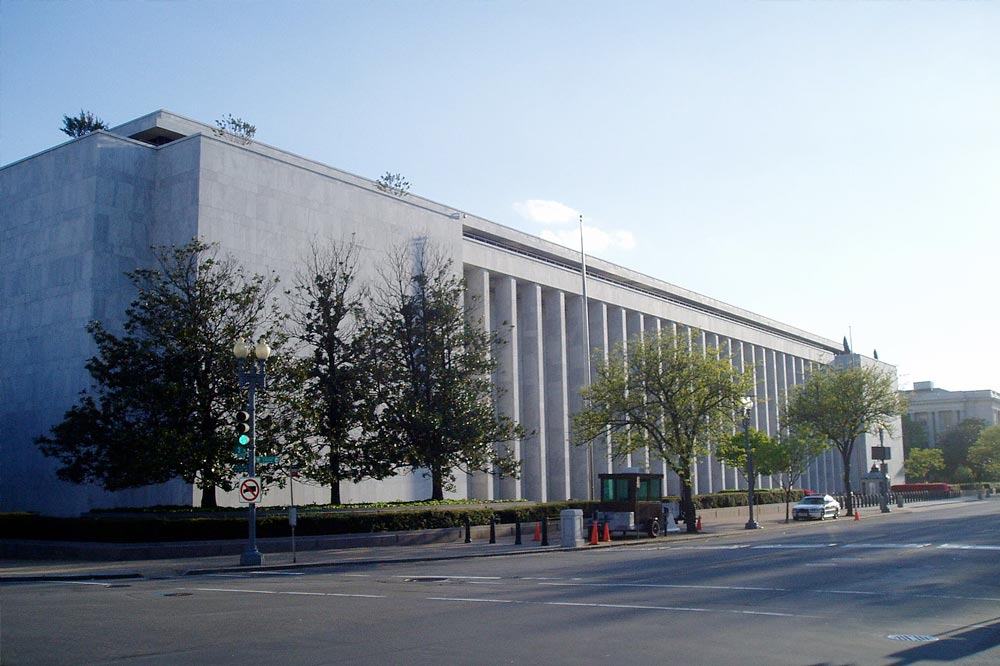With the enactment of the DMCA in 1998, Section 512 of the US Copyright Act established what legislators refer to as a “safe harbor” to protect basic Internet Service Providers (ISPs) from copyright infringement liability. At that time, the safe harbor exemption was adopted on the theory that ISPs merely provided access for Internet traffic on a passive basis, and, therefore, should not incur legal liability for how their so-called “pipes” were used or misused without their knowledge. The analogy of ISPs to “corner news stands” was frequently and successfully employed by the technology industry to justify the necessity of such a shield to protect the nascent Internet from the unfair disruption of its growth by content creators seeking to limit the distribution of their works.
As a result, songwriters and composers have for nearly twenty years been placed in the burdensome position of having to monitor the entire digital world for infringements. When creators uncover infringing uses, they must utilize a cumbersome, costly and extremely inefficient system of “notice and takedown” procedures in order to force ISPs to remove infringing works from their networks. Moreover, this system is a failure: infringing works that are taken down at the request of copyright owners are often immediately reposted, with no follow-up action by the ISP. The copyright holder must then go through the entire process for each new instance of infringement again.
Today, two decades removed from the enactment of the DMCA, digital delivery systems have long since matured and lucrative, on-line media markets have evolved. During the same period, ISPs have developed from “mere pipes” into the Internet’s principle providers to the public of indexed content on an active basis, on-demand. These huge, multi-national, digital media distribution companies now generate tens of billions of dollars in global profits and value each year through advertising, data mining, and other forms of traffic monetization. Such income streams are built entirely on the making available of content they neither own nor license at fair market value. And all of this has occurred, as has been widely documented, as the music creator community was also decimated by on-line theft in the form of “peer-to-peer file sharing” that the notice and takedown procedures did little to curtail.
The ability of ISPs to create such an imbalanced digital universe is due in no small part to the DMCA’s safe harbor and notice and takedown protections. What’s more, this situation is growing worse. These antiquated provisions, which have not been amended for a generation, are now serving to enable even the largest digital media distribution corporations (which no longer even hint at being mere “corner news stands,” but still claim ISP status as “user upload services”) to exercise gross advantage over the rights and economic well-being of the very content creators the US Copyright Act was largely enacted to protect.
As the International Federation of Phonographic Industries (IFPI) noted succinctly in its Global Music Report of 2016:
[“Safe Harbor” rules] were intended to protect truly passive online intermediaries from copyright liability. They were not designed to exempt companies that actively engage in the distribution of music online from playing by the same rules as other online music services….T]here is no case for digital platforms that have built major businesses on the back of music and other creative content, to be allowed to seek “safe [harbor]” refuge while they profit from making music available on the internet.
In other words, the current expansive reading of the DMCA definition of an “ISP” is allowing many companies that are actively engaged in digital content distribution to claim safe harbor, and notice and takedown protections. This enables them to coerce music creators into either abandoning the enforcement of their rights as too difficult and costly a process, or licensing at below-market rates. The notice and takedown provisions, intended to give creators the ability to stop the unauthorized digital distribution of their works, are thus turned on their heads to artificially and drastically drive down the value of creative content.
Moreover, despite perpetual promises that new digital distribution systems and advancing technologies would yield a level economic playing field, ensuring a fair and sustainable income to those individual songwriters and composers whose works are embraced by the public, the increasingly unfair safe harbor provisions have helped to distort the market for music and other forms of creative content to the point where a middle class living as a music creator is all but impossible. In many ways, this unfortunate situation closely parallels the decline of middle class jobs and income in other economic sectors in the US and around the world. The music creator community is losing millions of dollars in income that would otherwise have flowed to thousands of “middle class” music creators, in the form of royalties derived from the continued production and distribution of the creative content that drives a huge proportion of online activity and the overall value of the digital ecosystem.
As insulation from liability for ISPs and digital media corporations becomes ever more entrenched, the chances of creators receiving fair remuneration and accurate, transparent accounting for the digital distribution of their creative content grow dimmer each year. Today, safe harbor laws serve as a wall that obstructs creators and small businesses (such as the independent music publishing firms that creators frequently establish) from realizing all but a tiny percentage of the benefits that digital distribution might bring. That must change, or the creative community will continue to disappear and, along with it, the advancement of music and culture throughout the world.
Reform of the safe harbor provisions to enable creative content to attain its true value in the digital ecosystem would help stimulate the creation of millions of middle class jobs, as industries that originate content grow and expand. In fact, if safe harbor provisions are reformed to allow more of us to share appropriately in this new and robust economy, one can easily envision a golden age of creation and enjoyment of all types of content and related services and industries.
We also want to stress that while no group of creators has been more negatively impacted by the detrimental impact of safe harbor legislation than those of us who create music for a living, we are not alone. Safe harbor has dramatically undermined the value of many other categories of content, from movies, photographs and recorded music to newspapers and books. The creators and rights holders of those categories of works would benefit from appropriate amendment of the safe harbor and notice and takedown provisions, as well.
We therefore urge the Copyright Office to recommend to Congress the amendment of Section 512 in order to address the serious problems outlined in these comments. Considerations should include (i) limiting the definition of “ISP” to reverse the expanding misapplication of safe harbor protections to digital media distributors, and (ii) enacting changes in the notice and takedown provisions that make less onerous the burden on content creators of policing the Internet in an endless game of “whack-a-mole.”
Perhaps of equal importance, we also ask the Copyright Office to consider recommending amendments to Section 106 of the US Copyright Act that would expand the scope of the “making available right.” We believe that doing so might be another, viable approach to addressing the crucial issue of unremunerated value extraction by ISPs, who as noted are deriving enormous benefits from the distribution of musical works, without adequately and fairly accounting to creators for their crucial role in generating a broad range of very significant revenues.
We thank the US Copyright Office for its tremendous contributions to the protection and advancement of music creator rights in the US and around the world, and will gladly provide any other comments or information that may be deemed helpful.
Sincerely,
Rick Carnes
Co-Chair, Music Creators North America
Eddie Schwartz
Co-Chair, Music Creators North America
cc:
Charles J. Sanders, Esq.
(Photo of Copyright Office by UpstateNYer, CC BY-SA 3.0, via Wikimedia Commons)

